
Nyungwe Forest National Park: A Burundian Natural Treasure
Explore the heart of Burundi at Nyungwe Forest National Park, where ancient rainforests, diverse wildlife, and cultural heritage await you.
Nyungwe Forest National Park is a gem hidden in the heart of Burundi. This ancient rainforest is one of the oldest in Africa and offers a breathtaking array of biodiversity. Visitors can marvel at over 1,000 plant species, 75 different mammals, and nearly 300 bird species. The park is also home to 13 different primate species, including the famous chimpanzees and colobus monkeys. A walk through the park is like stepping into another world. The lush greenery, dense canopy, and the sounds of nature create an immersive experience. The park has well-marked trails that cater to all levels of hikers, from easy walks to more challenging treks. One of the highlights is the canopy walk, which provides stunning views from above the treetops. Nyungwe Forest National Park is not just about flora and fauna. The park holds cultural significance and offers a glimpse into the traditional ways of life. Local guides bring the forest to life with their knowledge and stories, making every tour unique. Whether you are a nature lover, a bird watcher, or someone looking for a peaceful escape, Nyungwe Forest National Park has something for everyone.
Local tips in Nyungwe Forest National Park
- Wear comfortable hiking shoes as the trails can be uneven and slippery.
- Bring insect repellent to protect yourself from mosquitoes and other insects.
- Hire a local guide to enhance your experience with their knowledge and insights.
- Plan your visit during the dry season (June to September) for the best weather conditions.
- Carry enough water and snacks, as there are limited facilities inside the park.
Nyungwe Forest National Park: A Burundian Natural Treasure
Nyungwe Forest National Park is a gem hidden in the heart of Burundi. This ancient rainforest is one of the oldest in Africa and offers a breathtaking array of biodiversity. Visitors can marvel at over 1,000 plant species, 75 different mammals, and nearly 300 bird species. The park is also home to 13 different primate species, including the famous chimpanzees and colobus monkeys. A walk through the park is like stepping into another world. The lush greenery, dense canopy, and the sounds of nature create an immersive experience. The park has well-marked trails that cater to all levels of hikers, from easy walks to more challenging treks. One of the highlights is the canopy walk, which provides stunning views from above the treetops. Nyungwe Forest National Park is not just about flora and fauna. The park holds cultural significance and offers a glimpse into the traditional ways of life. Local guides bring the forest to life with their knowledge and stories, making every tour unique. Whether you are a nature lover, a bird watcher, or someone looking for a peaceful escape, Nyungwe Forest National Park has something for everyone.
When is the best time to go to Nyungwe Forest National Park?
Iconic landmarks you can’t miss
Gishora Drum Sanctuary
Discover the rhythmic heart of Burundi at Gishora Drum Sanctuary, a UNESCO World Heritage Site celebrating traditional drumming and vibrant culture.
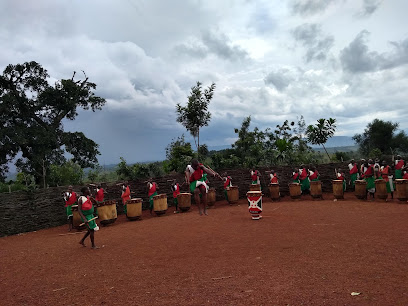
Kibira National Park
Experience the breathtaking landscapes and rich biodiversity of Kibira National Park in Burundi, a must-visit destination for nature lovers and adventure seekers.
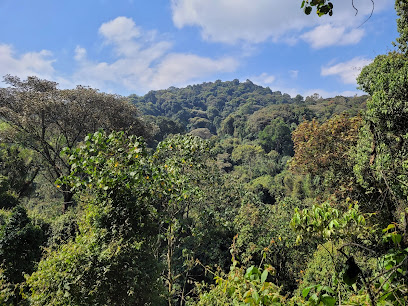
Ruvubu National Park
Discover the breathtaking landscapes and diverse wildlife of Ruvubu National Park, a hidden gem in Burundi for nature enthusiasts and adventure seekers.
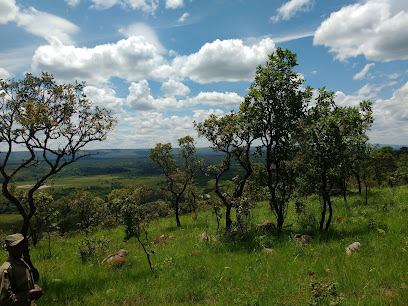
Rusizi National Park
Explore Rusizi National Park: A Wildlife Paradise in Burundi with Diverse Bird Species and the Infamous Crocodile Gustave.
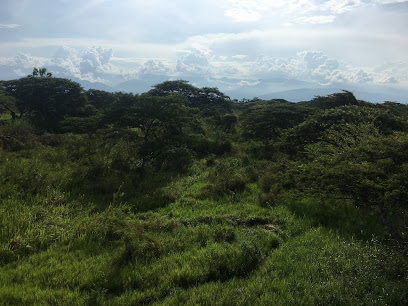
Nyungwe National Park Reception
Discover the breathtaking biodiversity of Nyungwe National Park in Rwanda, a haven for nature lovers and adventure seekers with stunning trails and rich wildlife.
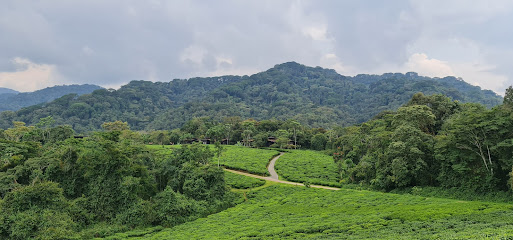
Unmissable attractions to see
Akagera National Park Rwanda
Explore the breathtaking landscapes and diverse wildlife of Akagera National Park in Rwanda, a premier destination for nature lovers and adventure seekers.
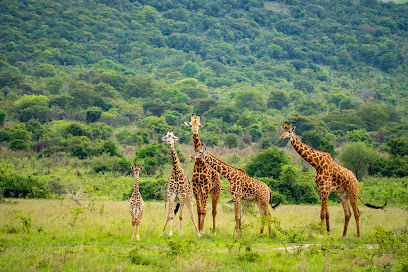
King's Palace Museum
Explore Rwanda's royal heritage at the King's Palace Museum, where history and culture intertwine in a stunning architectural setting.
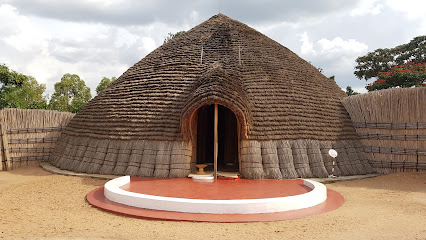
Kitabi Eco-Center
Explore the wonders of nature and culture at Kitabi Eco-Center, a sustainable paradise in Rwanda's breathtaking landscapes.
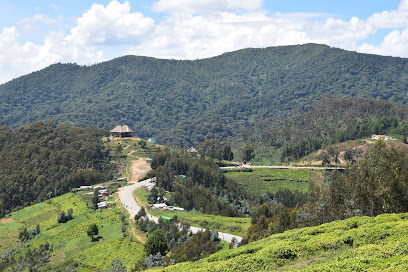
Canopy Walkway
Experience Rwanda's rainforest from above: Walk among the treetops on East Africa's only canopy walkway in Nyungwe National Park.
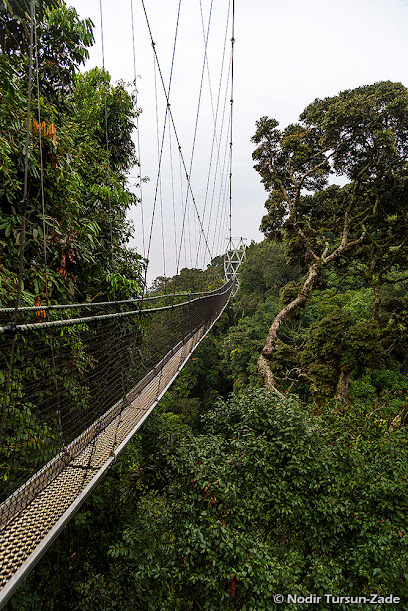
Rusizi National Park
Explore the pristine wilderness of Rusizi National Park, home to stunning landscapes and a fascinating array of wildlife, including charming hippos.
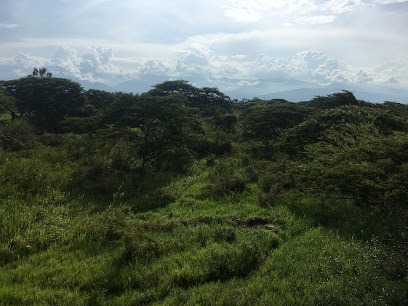
Kamiranzovu Swamp
Explore Kamiranzovu Swamp: A unique high-altitude wetland in Rwanda's Nyungwe Forest, offering scenic trails, rich biodiversity, and tranquil beauty.
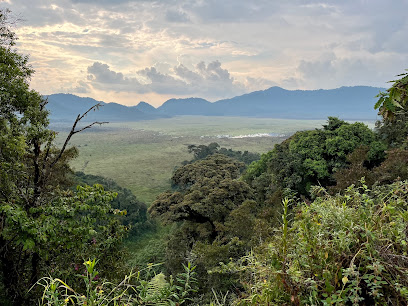
NYUNGWE ECOTOURISM CENTER
Explore the lush biodiversity and breathtaking landscapes of Nyungwe Ecotourism Center, Rwanda's premier national park for nature lovers and adventure seekers.
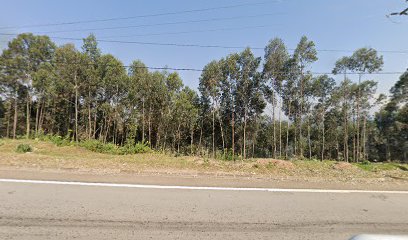
PINDURA
Discover PINDURA in Rwanda's Colline Ibanda: breathtaking hiking trails and serene landscapes await adventure seekers and nature lovers.

Bigugu Hiking Trail
Discover the beauty of Rwanda on the Bigugu Hiking Trail, a scenic adventure through lush landscapes and diverse wildlife.
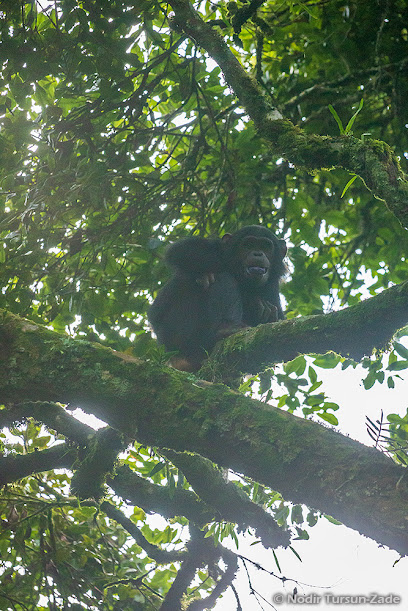
Kamiranzovu Hiking Trail
Explore the enchanting Kamiranzovu Hiking Trail, where stunning landscapes and rich biodiversity create an unforgettable outdoor adventure in Rwanda.
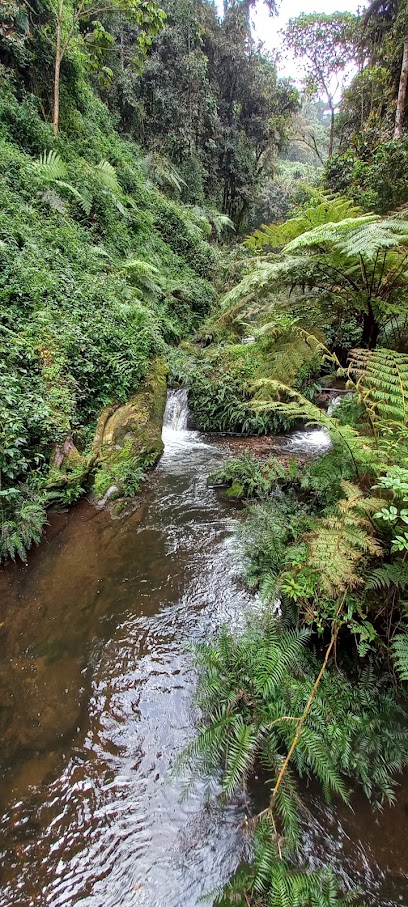
Kabindi
Discover the breathtaking beauty and cultural richness of Kabindi, Rwanda, where nature and tradition come together in perfect harmony.

Nyungwe National Park
Discover the breathtaking biodiversity and stunning landscapes of Nyungwe National Park, Rwanda's premier rainforest destination.
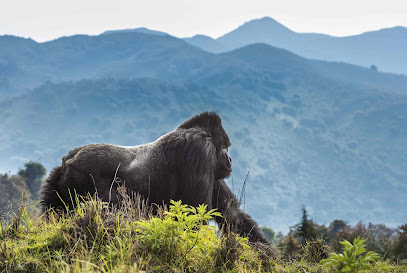
Essential places to dine
Le Café Gourmand
Discover culinary delights at Le Café Gourmand in Bujumbura - where local flavors meet international charm in an inviting café setting.
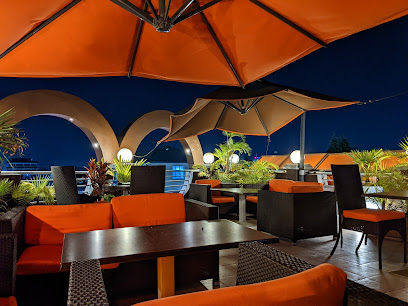
Roca Golf Hotel
Discover luxury at Roca Golf Hotel in Bujumbura—where stunning lake views meet exceptional service for an unforgettable getaway.

Waka Waka
Experience authentic Italian cuisine at Waka Waka in Bujumbura - where every dish tells a story of tradition and flavor.
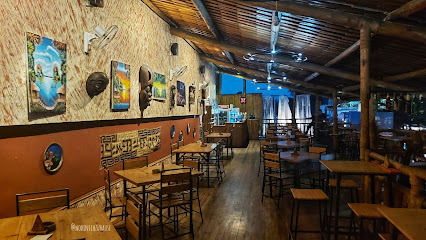
Hotel Residence Ubuntu
Discover comfort and tranquility at Hotel Residence Ubuntu in Bujumbura, where stunning lake views meet Burundian hospitality.
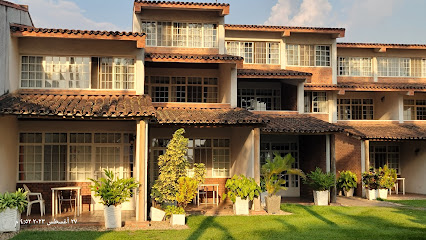
Vinothèque ZILLIKEN
Discover Vinothèque ZILLIKEN: Bujumbura's premier destination for exquisite wines and delightful culinary pairings.
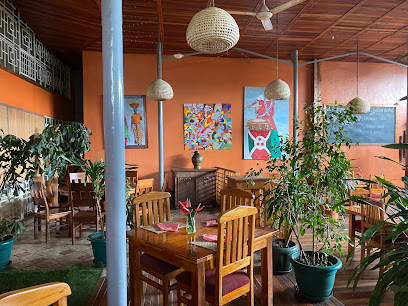
Harrys Grill House
Experience authentic barbecue at Harry's Grill House in Bujumbura - where flavor meets culture in every bite.
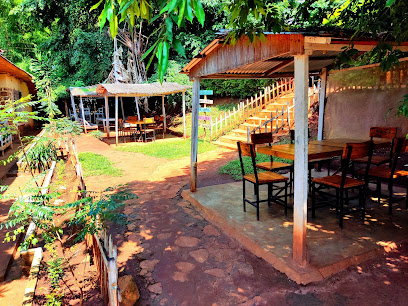
Pasta comedia
Experience authentic Italian cuisine at Pasta Comedia in Bujumbura – where every dish tells a delicious story.
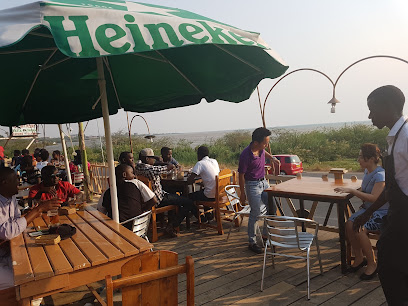
Belvedere Restaurant
Experience exquisite dining at Belvedere Restaurant in Bujumbura with stunning views and a menu rich in local flavors.
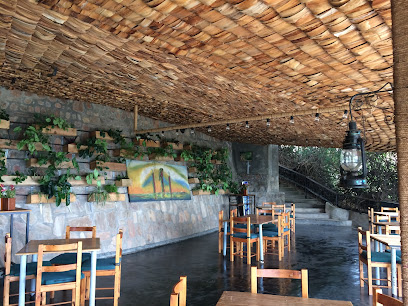
Hotel Dolce Vita Resort
Discover tranquility at Hotel Dolce Vita Resort in Bujumbura—your gateway to experiencing Burundian culture and hospitality.

Paparazzi Restaurant
Experience family-friendly dining at Paparazzi Restaurant in Bujumbura - where delicious food meets stunning lakeside views.
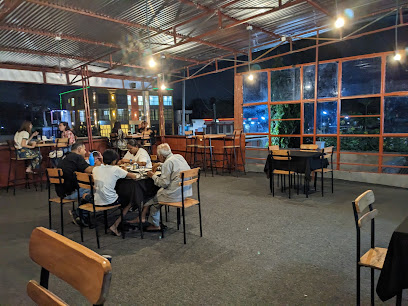
Eden Garden Resort
Discover culinary bliss at Eden Garden Resort in Bujumbura—where exquisite flavors meet serene natural beauty.
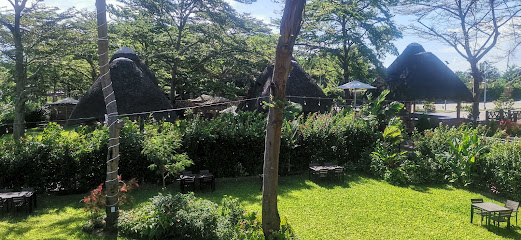
Restaurant Oasis
Experience the vibrant flavors of Burundi at Restaurant Oasis in Bujumbura – where local ingredients meet culinary creativity.
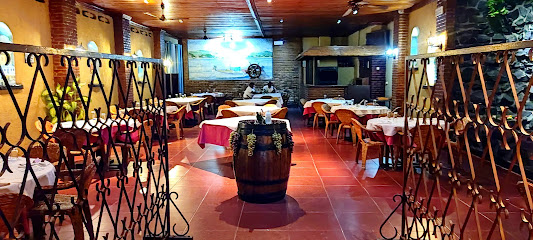
Restaurant Tanganyika
Experience authentic Burundian cuisine with breathtaking views at Restaurant Tanganyika in Bujumbura.
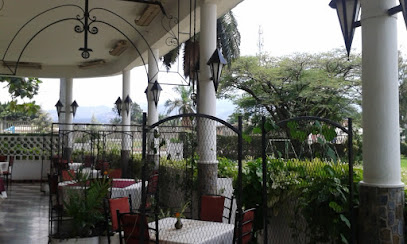
Kibira National Park
Explore Kibira National Park: A Biodiversity Hotspot in Burundi with Chimpanzees, Rare Birds & Lush Rainforests.
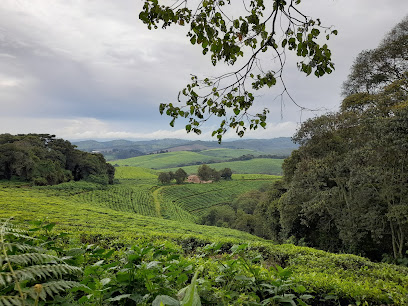
Nyabugete Beach Resto-bar
Discover Nyabugete Beach Resto-bar: A perfect blend of delicious cuisine and breathtaking lake views in Bujumbura.
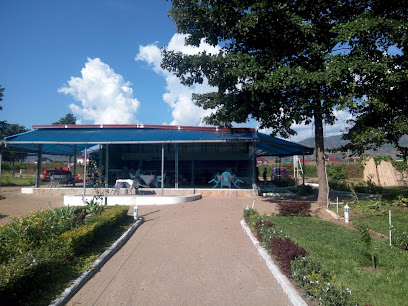
Markets, malls and hidden boutiques
Nyungwe Forest National Park
Discover the enchanting biodiversity and stunning landscapes of Nyungwe Forest National Park, a true gem in the heart of Rwanda.
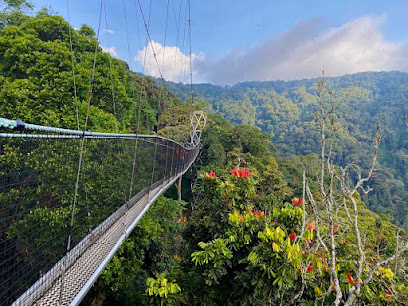
Nyungwe Nziza Ecolodge
Experience the beauty of Nyungwe Forest at Nyungwe Nziza Ecolodge, an eco-friendly retreat in Rwanda, perfect for nature lovers and adventure seekers.

Nyungwe Forest Lodge
Experience luxury and nature at Nyungwe Forest Lodge, a serene escape in Rwanda's breathtaking Nyungwe National Park.
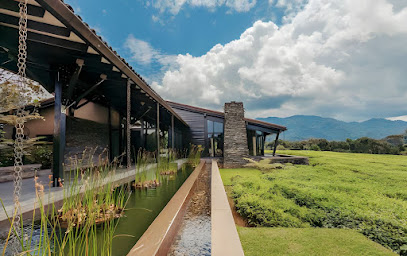
Kibira National Park
Experience the breathtaking biodiversity and tranquil beauty of Kibira National Park, a hidden gem in Burundi's lush rainforest.
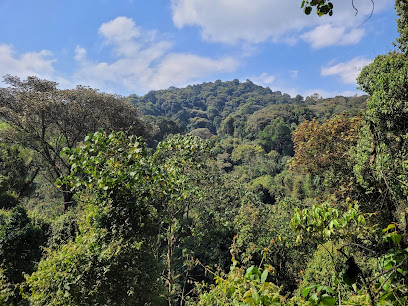
Boucherie Nouvelle
Explore the vibrant flavors of Bujumbura at Boucherie Nouvelle, a top butcher shop deli offering fresh meats and artisanal delicacies.
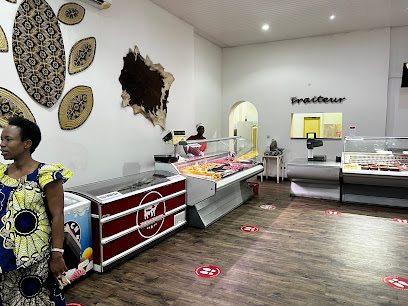
Rusizi National Park
Explore the stunning landscapes and diverse wildlife of Rusizi National Park, a true natural paradise in Burundi.
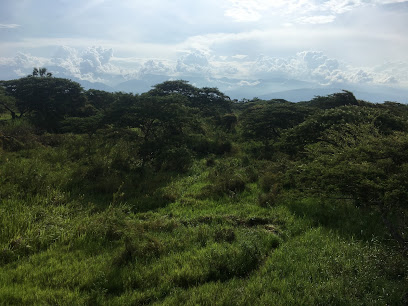
The Izy Trip
Explore the beauty and culture of Burundi with The Izy Trip, your premier travel agency in Bujumbura, offering tailored travel experiences.
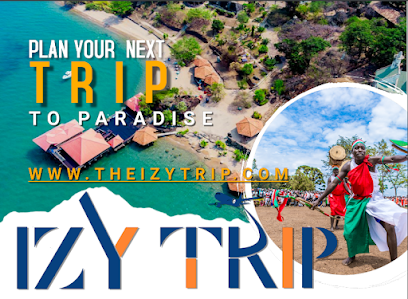
Nyungwe National Park - Rwanda
Explore the breathtaking biodiversity and scenic trails of Nyungwe National Park, Rwanda's pristine rainforest paradise for nature lovers.
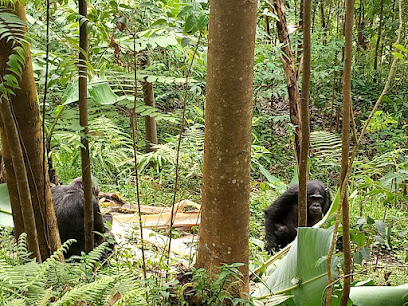
Essential bars & hidden hideouts
Arena Restaurant Lounge Bar
Discover the vibrant culinary scene at Arena Restaurant Lounge Bar in Bujumbura, offering exquisite local and international dishes in a lively atmosphere.
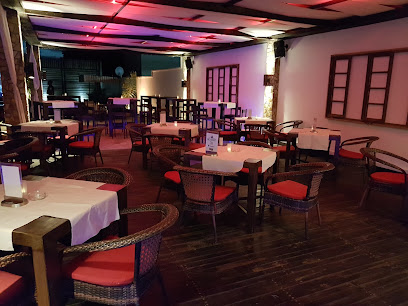
Vinothèque ZILLIKEN
Experience the finest wines and delightful cuisine at Vinothèque ZILLIKEN, Bujumbura's premier wine bar and restaurant for every palate.
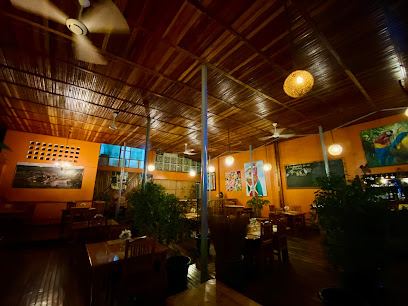
Motel BAR NYABUNGO
Experience the vibrant flavors of Bujumbura at Motel BAR NYABUNGO, where local cuisine meets a welcoming atmosphere.
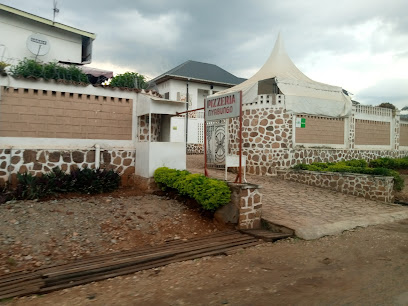
Nyabugete Beach Resto-bar
Discover the perfect blend of local cuisine and stunning lakeside views at Nyabugete Beach Resto-bar in Bujumbura.
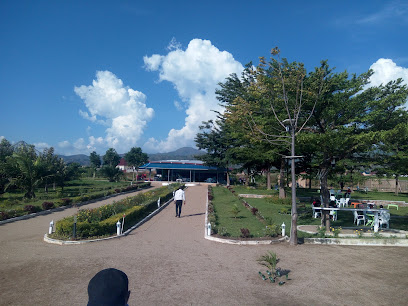
Le Baron
Experience the vibrant nightlife of Bujumbura at Le Baron, a lively bar known for its refreshing drinks and inviting atmosphere.
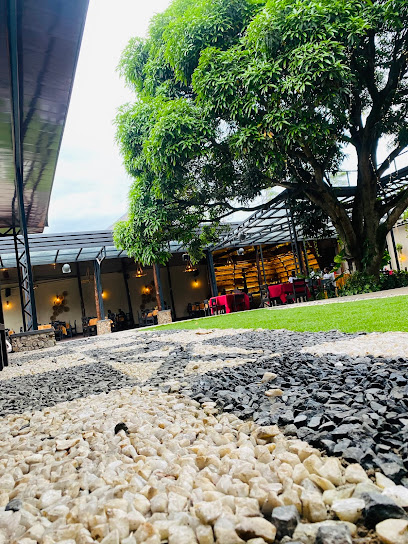
BEST GARDEN RESTO-BAR
Experience the vibrant atmosphere and tranquil gardens of Best Garden Resto-Bar, a perfect escape in Bujumbura for drinks and relaxation.

Local Phrases about Nyungwe Forest National Park
-
- HelloMuraho
[Moo-rah-ho] - GoodbyeKwaheri
[Kwah-heh-ree] - YesYego
[Yeh-go] - NoOya
[Oh-yah] - Please/You're welcomeKurabura
[Koo-rah-boo-rah] - Thank youUrakoze
[Oo-rah-koh-zeh] - Excuse me/SorryNdashaka igihe
[N-dah-shah-kah ee-gee-heh] - How are you?Amakuru?
[Ah-mah-koo-roo] - Fine. And you?Ni meza. Na wewe?
[Nee meh-zah. Nah weh-weh] - Do you speak English?Uvuga icyongereza?
[Oo-voo-ga ee-chon-geh-reh-zah] - I don't understandSinzi
[Seen-zee]
- HelloMuraho
-
- I'd like to see the menu, pleaseNifuje kureba imenyo, mwese
[Nee-foo-jeh koo-reh-bah ee-men-yoh, moo-weh-seh] - I don't eat meatSiye ntako ibishyimbo
[See-yeh in-tah-koh ee-bee-sheem-boh] - Cheers!Ijambo!
[Ee-jahm-boh] - I would like to pay, pleaseNifuje kugura, mwese
[Nee-foo-jeh koo-goo-rah, moo-weh-seh]
- I'd like to see the menu, pleaseNifuje kureba imenyo, mwese
-
- Help!Ubumuga!
[Oo-boo-moo-gah] - Go away!Jya ihagarika!
[J-yah ee-hah-gah-ree-kah] - Call the Police!Simbuka Polisi!
[Sim-boo-kah Poh-lee-see] - Call a doctor!Simbuka umurwayi!
[Sim-boo-kah oo-moo-rah-wee] - I'm lostNdasinzwe
[N-dah-seen-zweh] - I'm illNkumbuye
[N-koom-boo-yeh]
- Help!Ubumuga!
-
- I'd like to buy...Nifuje gutanga...
[Nee-foo-jeh goo-tahn-gah] - I'm just lookingNjye mfite ikigarasha
[N-jyeh m-fee-teh ee-kee-gah-rah-shah] - How much is it?Ni iki?
[Nee ee-kee] - That's too expensiveNi bingana cyane
[Nee bee-nah-gah-nah ch-yah-neh] - Can you lower the price?Ukeneye kugenzura igitambo?
[Oo-keh-neh-yeh koo-geh-nzoo-rah ee-gee-tahm-boh]
- I'd like to buy...Nifuje gutanga...
-
- What time is it?Saa ngapi?
[Sah ah-ngah-pee] - It's one o'clockNi saa ya rimwe
[Nee sah yah reem-weh] - Half past (10)Isaha rimwe n'igice
[Ee-sah-hah reem-weh n-ee-ghee-chay] - MorningUmugoroba
[Oo-moo-go-roh-bah] - AfternoonUmusore
[Oo-moo-soh-reh] - EveningUmugoroba
[Oo-moo-go-roh-bah] - YesterdayEjo
[Eh-joh] - TodayUyu munsi
[Oo-yoo moo-n-see] - TomorrowEjo
[Eh-joh] - 1Rimwe
[Reem-weh] - 2Kabiri
[Kah-bee-ree] - 3Gatatu
[Gah-tah-too] - 4Kane
[Kah-neh] - 5Gatanu
[Gah-tah-noo] - 6Gatandatu
[Gah-tahn-dah-too] - 7Kumana
[Koo-mah-nah] - 8Igice
[Ee-ghee-chay] - 9Icyenda
[Ee-chyen-dah] - 10Icumi
[Ee-choo-mee]
- What time is it?Saa ngapi?
-
- Where's a/the...?Ehe? ... aho ari?
[Eh-heh ... ah-hoh ah-ree] - What's the address?Igikorwa cy'ubutumwa ni iki?
[Ee-gee-kor-wah ch-yoo-boo-toom-wah nee ee-kee] - Can you show me (on the map)?Ukeneye kundika (muri iki nshuti)?
[Oo-keh-neh-yeh koon-dee-kah m-oo-ree ee-kee n-shoo-tee] - When's the next (bus)?Igihe cyo gato?
[Ee-gi-he ch-yo gah-toh] - A ticket (to ....)Igicuruzwa (ku ...)
[Ee-gee-choo-rooz-wah koo]
- Where's a/the...?Ehe? ... aho ari?
History of Nyungwe Forest National Park
-
Nyungwe Forest has been inhabited for thousands of years. Indigenous tribes, such as the Twa people, are among the earliest known inhabitants of the area. The Twa, known for their hunter-gatherer lifestyle, lived in harmony with the forest, relying on its rich biodiversity for sustenance. Archaeological findings suggest that these communities have lived in the region for over 10,000 years, leaving behind tools and artifacts that tell the story of their deep connection with the forest.
-
The late 19th and early 20th centuries marked the arrival of European explorers in the Nyungwe region. German and Belgian colonialists ventured into the forest, intrigued by its dense canopy and unique wildlife. During this period, the forest was mapped and documented extensively, and some areas were exploited for timber and other resources. This era significantly impacted the indigenous communities and the natural landscape.
-
Nyungwe Forest was officially designated as a national park in 2004. This move was part of a broader conservation effort aimed at protecting the forest's diverse ecosystems, which include montane rainforests, bamboo forests, and swamps. The park covers an area of approximately 1,019 square kilometers and is home to over 1,000 plant species, 275 bird species, and 13 different primate species, including the endangered chimpanzees and Ruwenzori colobus monkeys.
-
Nyungwe Forest holds immense cultural significance for the surrounding communities. The forest is considered sacred and is central to various traditional practices and rituals. Local communities, including the Twa, Hutu, and Tutsi, have long depended on the forest for medicinal plants, food, and materials for traditional crafts. Efforts have been made to involve these communities in conservation initiatives, ensuring that their cultural heritage is preserved alongside the natural environment.
-
In recent years, Nyungwe Forest National Park has become a model for conservation and eco-tourism in Africa. The Rwandan government, along with international conservation organizations, has implemented various programs to protect the park's biodiversity. These include anti-poaching patrols, reforestation projects, and community-based tourism initiatives. The park now offers a range of eco-tourism activities, such as canopy walks, bird watching, and guided primate tracking, which help generate income for local communities and fund further conservation efforts.
Nyungwe Forest National Park Essentials
-
Nyungwe Forest National Park is located in the southwestern part of Burundi. The nearest international airport is Bujumbura International Airport (BJM) in Bujumbura, which is approximately 200 kilometers from the park. From Bujumbura, you can hire a taxi or a private car for a more comfortable journey, which typically takes around 4 to 5 hours by road. Alternatively, you can take a bus from Bujumbura to Nyungwe Forest National Park; buses are available but might not offer the same level of comfort.
-
Within Nyungwe Forest National Park, guided tours are the most common and convenient form of transportation to explore the park. These tours often include transportation to and from your accommodation. If you prefer to explore on your own, renting a 4x4 vehicle is advisable due to the rough terrain. Public transport options are limited within the park itself, but local taxis are available for shorter trips.
-
The official currency in Burundi is the Burundian Franc (BIF). Credit cards are not widely accepted, especially in rural areas and within the park, so it is advisable to carry sufficient cash. ATMs are available in major towns and cities, but it is wise to withdraw cash before heading to Nyungwe Forest National Park. Always keep smaller denominations, as larger bills might not be accepted everywhere.
-
Nyungwe Forest National Park is generally safe for tourists, but it is always best to take standard precautions. Avoid walking alone in unfamiliar areas, especially at night. Keep your belongings secure and be aware of your surroundings. While the park itself does not have high crime rates targeting tourists, it is advisable to stay vigilant. Always follow the guidelines provided by your guides and park authorities.
-
In case of emergency, dial 112 for immediate assistance. The nearest medical facilities are located in the town of Cyangugu, which is a short drive from the park. It is highly recommended to have travel insurance that covers medical emergencies, including evacuation if necessary. For minor health issues, it is advisable to carry a basic first aid kit and any prescription medications you may need.
-
Fashion: Do dress modestly and wear comfortable, sturdy shoes suitable for hiking. Avoid wearing bright colors that can disturb wildlife. Religion: Do respect local customs and traditions. Public Transport: Do be courteous and respectful to other passengers. Don't expect public transport to run on a strict schedule. Greetings: Do greet people with a handshake and a smile. It is polite to ask about someone's well-being before jumping into a conversation. Eating & Drinking: Do try local dishes and accept food offerings graciously. Don't waste food, as it is considered impolite.
-
To experience Nyungwe Forest National Park like a local, try to participate in community-based tourism activities. Visiting local tea plantations can offer a unique insight into the region's agriculture. Engage with local guides and rangers; they often have fascinating stories and extensive knowledge about the park's flora and fauna. Don't miss the canopy walkway, which offers breathtaking views of the forest from above.
Nearby Cities to Nyungwe Forest National Park
-
Things To Do in Cibitoke
-
Things To Do in Butare
-
Things To Do in Kibuye
-
Things To Do in Kayanza
-
Things To Do in Muhanga
-
Things To Do in Ngozi
-
Things To Do in Muramvya
-
Things To Do in Kirundo
-
Things To Do in Gisenyi
-
Things To Do in Bujumbura
-
Things To Do in Rubavu
-
Things To Do in Nyamata
-
Things To Do in Kigali
-
Things To Do in Ruhengeri
-
Things To Do in Muyinga





